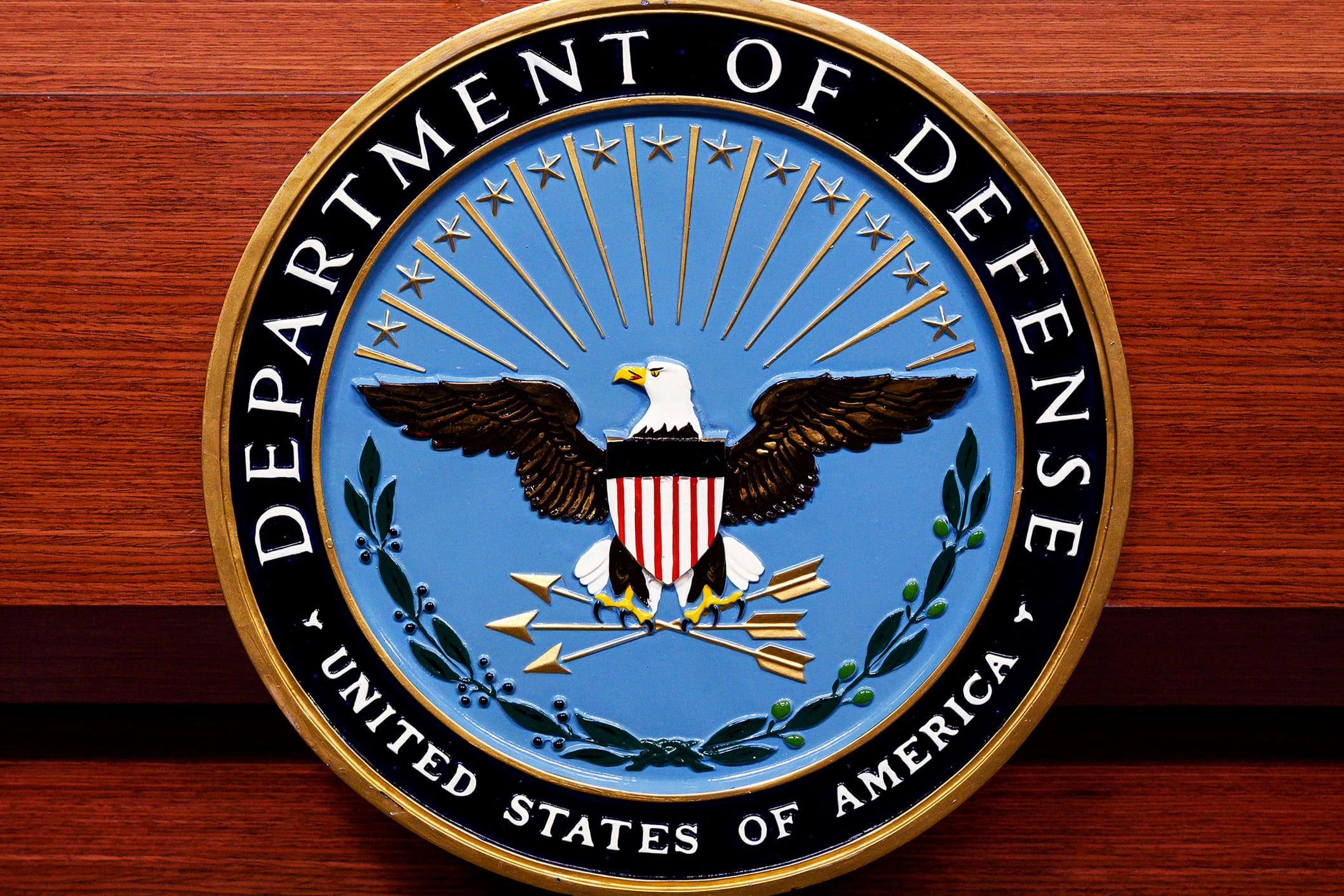The Air Force is now allowing all pregnant and postpartum airmen to attend professional military education, in an effort to remove barriers that sometimes limited women’s career development.
Until now, the Air Force said in a Wednesday release, pregnant women and women who had given birth in the previous year and were in a postpartum deferment period needed to obtain an exception to policy to attend PME.
Pregnant and postpartum airmen are also now not required to pass a fitness assessment before attending PME.
“Empowering women to make a decision about the right time to attend PME, especially during or after pregnancy, is the right thing to do,” Gwendolyn DeFilippi, the assistant deputy director of Air Force manpower, personnel and services, said in the release. “These type of policy changes provide women flexibility to balance family planning and career progression; they help level the playing field.”
“We’re committed to improving diversity, inclusion and belonging across the Department of the Air Force, and sometimes it’s hard to know what to do,” continued DeFilippi, who is also strategic director of the Air Force’s Barrier Analysis Working Group. “Thanks to the Women’s Initiative Team and the work of the diversity task force, we are able to implement meaningful changes that will help retain women in our ranks.”
But it will still be up to the pregnant or postpartum airman and her medical team to decide if she wants to attend PME during those periods. Nobody will be required to attend if she doesn’t want to.
And if a pregnant or postpartum airman attends PME, she will not be required to do any physical activities she is not comfortable doing.
“We found some people wanted to attend PME during pregnancy, but were facing obstacles to attend,” Maj. Alea Nadeem, chief of the working group’s Women’s Initiatives Team. “The WIT advocated for pregnant women to work directly with their primary care manager or obstetrician to empower them to make a well-informed decision. We keep an ear to the ground and listen to what our teammates are saying.”
The Air Force is trying to find ways to change unnecessary policies that unfairly limit opportunities for women and minority airmen, as part of a broader effort to make the service more equal. Last month, the Air Force began allowing male airmen with a medical condition that causes painful and scarring ingrown beard hairs — typically suffered by Black men — to obtain a five-year shaving waiver, instead of the usual one-year waiver.
And earlier this month, the Air Force revised its regulations on dress and appearance to remove subjective language such as “faddish” and references to complexion. The new rules also allow men to wear their hair parted, whether cut, clipped or shaved, and to have accent marks on their name tapes.
Stephen Losey is the air warfare reporter for Defense News. He previously covered leadership and personnel issues at Air Force Times, and the Pentagon, special operations and air warfare at Military.com. He has traveled to the Middle East to cover U.S. Air Force operations.





